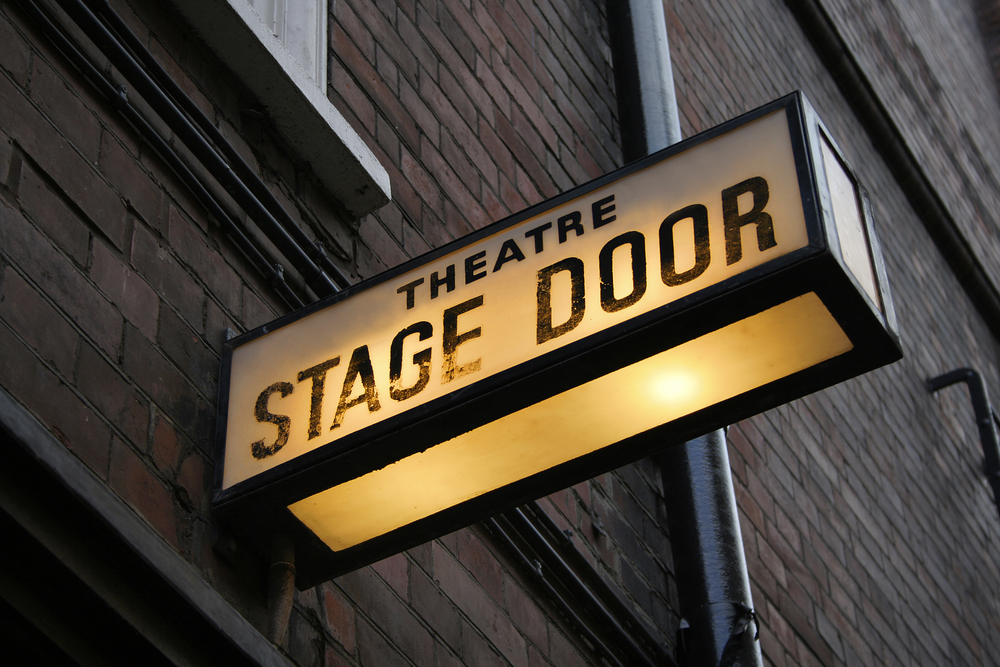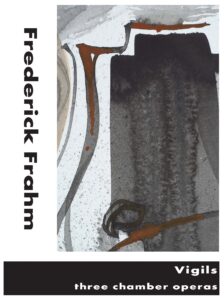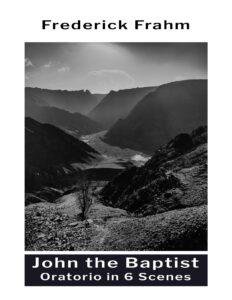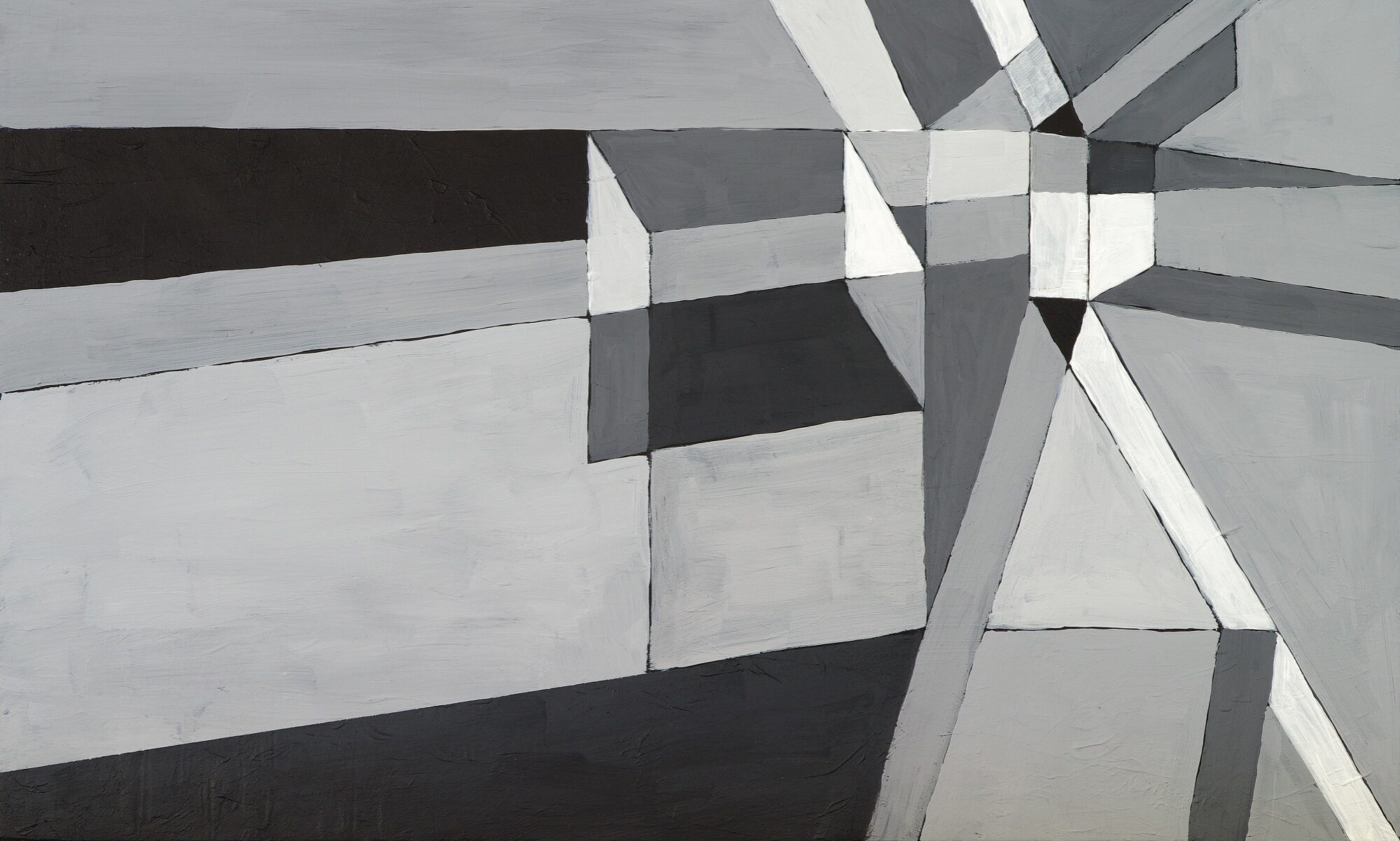
This page features music drama works by Frederick Frahm in the form of Opera or Oratorio. Libretti are posted for review and keyboard/vocal scores are available by instant download. Contact us with performance inquiries.
Vigils: Three Chamber Operas

This music is about vigils in the night where mortals encounter an arc which has bent to the earth. Fear enters in, as does greed and sometimes shame, when life is utterly changed as death appears.
In the first story, one with apparent wisdom still struggles with bearing terrible and sad news; the second, an intended death makes way for acquisition and power; the third, death at long last resolves a life lived through a gradual loss of privilege.
The characters attempt to cope with fear and loss through wisdom, folly, bravery, cowardice, strength, weakness, and even humor. If there is joy to be found in these satires, the recognition of our common humanity offers us strength and assurance. We do not always do this well, truly, but our willingness to try is essential.
As the Grandfather in Interior says at the end of the story: “We cannot see the course that sorrow will take. Kiss me, before I go…”
He teaches his beloved granddaughters to work through the fear of death and its requisite sorrows, while remembering that there are always those who love us close by.
This set of three chamber operas may be performed individually, or as a triptych in any order. Video media could be an option for the marionettes in Interior and the Spectre in Fernando.
Orchestrations for each of the accompaniments exist, typically for piano and strings, however options are available for an expanded instrumentation. Please inquire for a performance edition.
John the Baptist

This work is intended as a dramatic piece to be performed in a church. Concert hall and festival performances are of course encouraged; however, this is ultimately a sacred work and the architectural appointments of a nave and sanctuary will serve to enhance the performance.
There are five solo parts: Mary, Elizabeth, Gabriel, John, and Zechariah. All of these parts save that of Gabriel, may be drawn from the choir. The part of Gabriel, akin to an evangelist role in a Bach Passion, is a substantial part that is present throughout the work.
All of the characters and chorus personnel should be located together in the performance space. Solo parts may come forward from the chorus at the appropriate time at the conductor’s discretion. Alternately, actors (who are not members of the chorus) may perform the roles in tableaux at the center of the stage.
Stage directions with regard to action and props are considered at the conductor’s discretion. Essentially, this work seeks to gather musicians (and actors) around a sacred space to tell the story of John the Baptist. Dramatic considerations are encouraged to deepen the storytelling experience for the audience.
The organ required for this work is preferably a three or four manual instrument in a grand space. If available, a smaller chancel organ may be used for the accompaniments leaving only the voluntaries to be played at the main organ. The voluntaries serve as points of meditation (or overtures) and are played before the commencement of each scene. The final voluntary at the conclusion of scene 6 may also serve as a retiring processional for the ensemble.
A choir score for this work is in preparation. Please inquire for performance editions.
